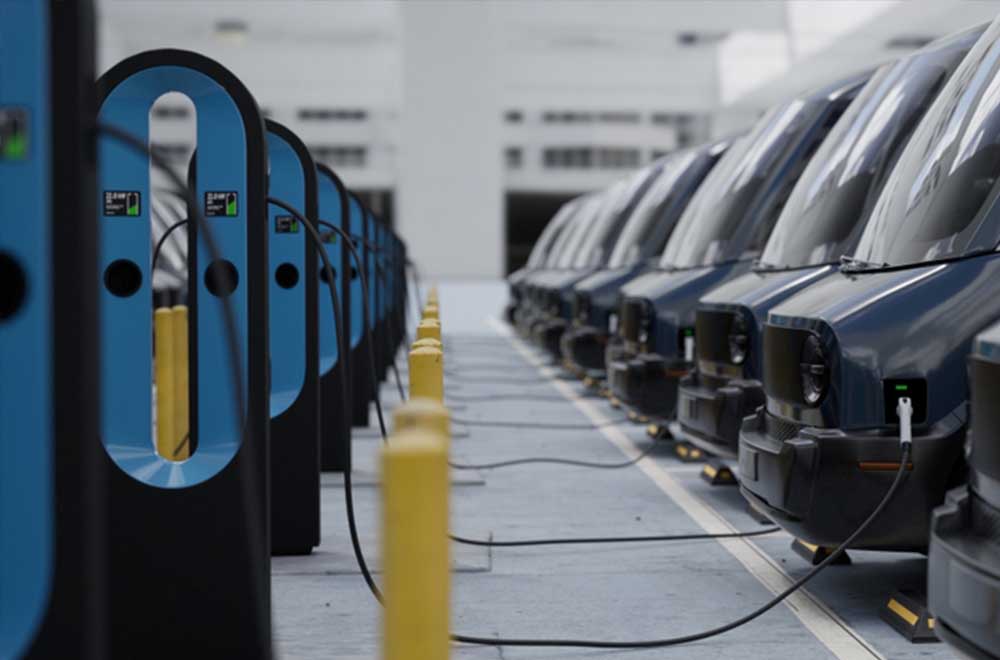Within the manufacturing world, the issue of the sustainability report: a tool for measuring, disclosing and, above all, planning companies’ efforts to reduce their ecological, economic and social impact. The reasons why it is gaining in importance are numerous. Let us discover them, after defining more precisely what it is.
Sustainability report: a definition
In a nutshell, the sustainability report is a measurement and communication tool that assesses theimpact of the company’s activities on the environment, society and the economy of the area in which it operates. The purpose of the sustainability report is therefore to hold internal and external stakeholders accountable for the organization’s sustainability performance and goals, as well as to promote transparency and accountability. Although the term annual report can be misleading, it is actually a report of broader scope, in which in most cases objectives play a more important role than results.
Why is the sustainability report increasingly important?
There are several reasons for this. First of all, because in some contexts it is already a regulatory requirement but, for market, inducement and opportunity reasons, the need for companies to draft it is increasing. Let’s see in detail, then, what are the main reasons why, even companies without specific obligations, can benefit from drafting it.
Corporate image and awareness
One of the main opportunities offered by drawing up a sustainability report is undoubtedly the return on image. The consumer/customer today is increasingly aware of sustainability issues and, in many cases, also inclined to make decisions based on companies’ commitment to this topic. According to this report by Deloitte, for example, as early as 2020 40 percent of consumers identified sustainability as a driver of choice for their consumption.
Indirect economic return
Measuring one’s sustainability also means, for a manufacturing company in particular, identifying waste and inefficiencies, both in terms of materials and energy. Reducing them means not only cutting down waste and emissions, but also reviewing one’s economy with a view to savings and efficiency.
Access to more opportunities
By certifying one’s sustainability with an official document, companies also have access to more business opportunities. Indeed, there are an increasing number of calls for tenders and contracts in which the sustainability rating is considered a rewarding criterion. We cite, for example, the Acea Group, for which it already is from 2021, but also the new procurement code: the Ministry for Economic Development, in fact, has already identified the Minimum Environmental Criteria for 18 categories of supplies.
Meeting a de facto requirement of some supply chains
Beyond the aforementioned contexts, which realistically will become more and more numerous, it should not be forgotten that being able to declare one’s sustainability is already a de facto obligation in some supply chains, such as those related to luxury, textile production, paper industry and many branches of food production. In these cases, the creation of a non-financial report makes it possible to overcome the initial barrier easily and effectively.
Preparing for future compliance
Finally, sustainability reporting, or corporate sustainability reporting has been recognized by the European Union as a mandatory regulatory requirement, with a roadmap for it envisages its adherence for an increasing percentage of companies, starting in 2024 and reaching wider adoption in 2028. Planning for this activity as early as today means adding adequate preparation for this change to all the aforementioned benefits.
SAP’s tools for measuring sustainability
The digital world, and SAP at the forefront, is committed to offering solutions that address these new business needs and goals. SAP’s sustainability measurement tools are designed to help companies manage their carbon footprint, reduce material waste and become socially responsible. These tools include, for example:
– SAP Sustainability Control Tower. Cloud-based solution to monitor and report environmental, social, and governance (ESG) data in an integrated and transparent manner.
– SAP Cloud for Sustainable Enterprises. Suite of comprehensive cloud-based sustainability solutions covering various aspects of sustainability, such as climate action, circular economy, and social responsibility.
– SAP Responsible Design and Production. Solution that supports the design and production of sustainable products, taking into account life cycle, materials, energy and emissions.
The importance of the sustainability report
The sustainability report has thus become a basic competitive tool for companies in every sector because it reflects the changing expectations of consumers, investors and stakeholders. Companies that adopt the sustainability report demonstrate their commitment not only to managing social and environmental impacts, but are able to generate trust in the stakeholders involved and increase their reputation in their respective markets. In addition, this document provides useful information to identify possible opportunities for improvement, offers insight into risk management and on innovation processes already active. Companies that integrate sustainability into their business strategy can then gain real competitive advantages, access new markets and attract new talent.
Request an appointment with one of our consultants to find out how to integrate SAP solutions for sustainability measurement.
